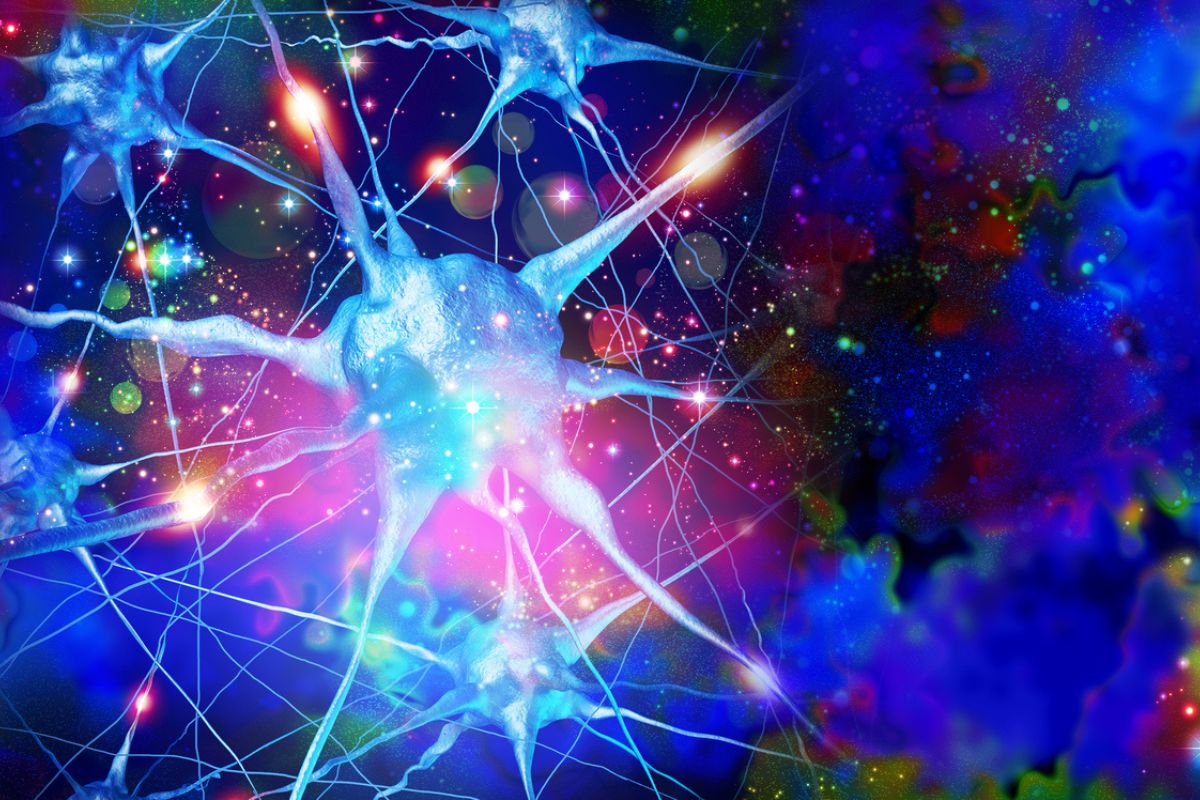The latest Weekly Mind Reader exposes the secrets of social isolation, discusses schizophrenia spectrum disorders, and explores the link between breast cancer and depression.
New Study Highlights Higher Substance Abuse Rates and Healthcare Costs
A 2019 National Survey on Drug Use and Health estimated that more than 20 million Americans lived with a substance use disorder (SUD).
Now, new research in The Primary Care Companion for CNS Disorders lays bare the dangerous link between social isolation and SUD among adult hospitalizations. The study’s authors worked with data from the 2018 National Inpatient Sample, a dataset that spans more than 35 million annual hospital interactions.
The researchers discovered a link between social isolation and a notably higher prevalence of substance abuse. The most common substances include cannabis, alcohol, stimulants, opioids, and tobacco. Specifically, the researchers found that men and Black Americans showed disproportionately higher rates of substance use. And socially isolated patients in the southern and western United States showed a higher prevalence of substance use.
Notably, mental health issues such as bipolar and anxiety disorders appeared to be more prevalent among socially isolated individuals with SUD. But depression and psychosis rates appeared to be lower among this group.
The study also found that although the length of hospital stay didn’t differ all that much. Hospitalized socially isolated SUD patients also incurred higher costs.
These findings suggest that social isolation might exacerbate SUD and contribute to inflated healthcare utilization and costs.
The study also underlines the importance of addressing social isolation as part of public health strategies. The authors recommend targeted prevention and intervention approaches to reduce SUD by fostering social connections.
IN OTHER PSYCHIATRY AND NEUROLOGY NEWS
- Patients with schizophrenia spectrum disorders exhibit modest cognitive improvements in certain domains within the first 10 years of diagnosis, according to a new paper in The Journal of Clinical Psychiatry.
- PCC also published a review that explores depression prevalence, correlates, impact, and interventions in breast cancer patients.
- A paper in PCC also examines NIH funding patterns in the distribution of R01 grants for gender-specific psychiatry research.
- New research confirms high COVID vaccination rates, but those with untreated mental health conditions are less likely to get vaccinated.
- Finally, read the latest in our continuing series about PTSD and trauma research.



